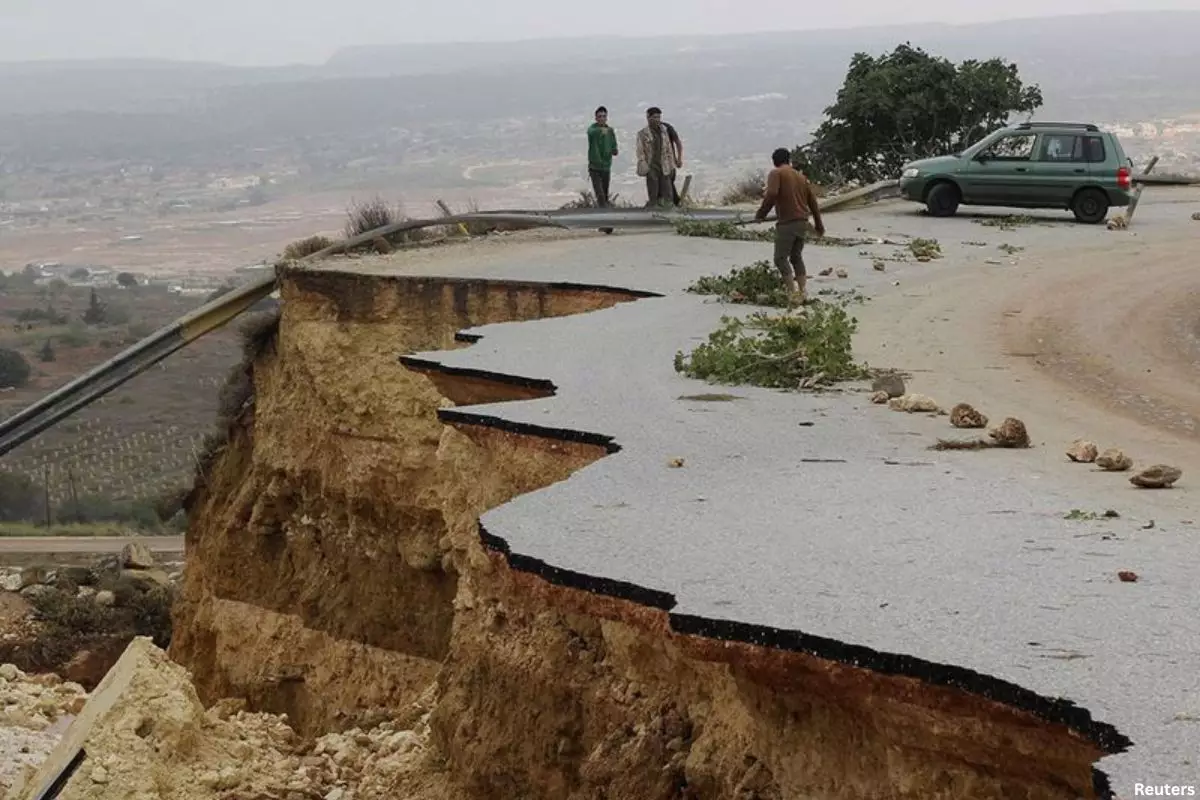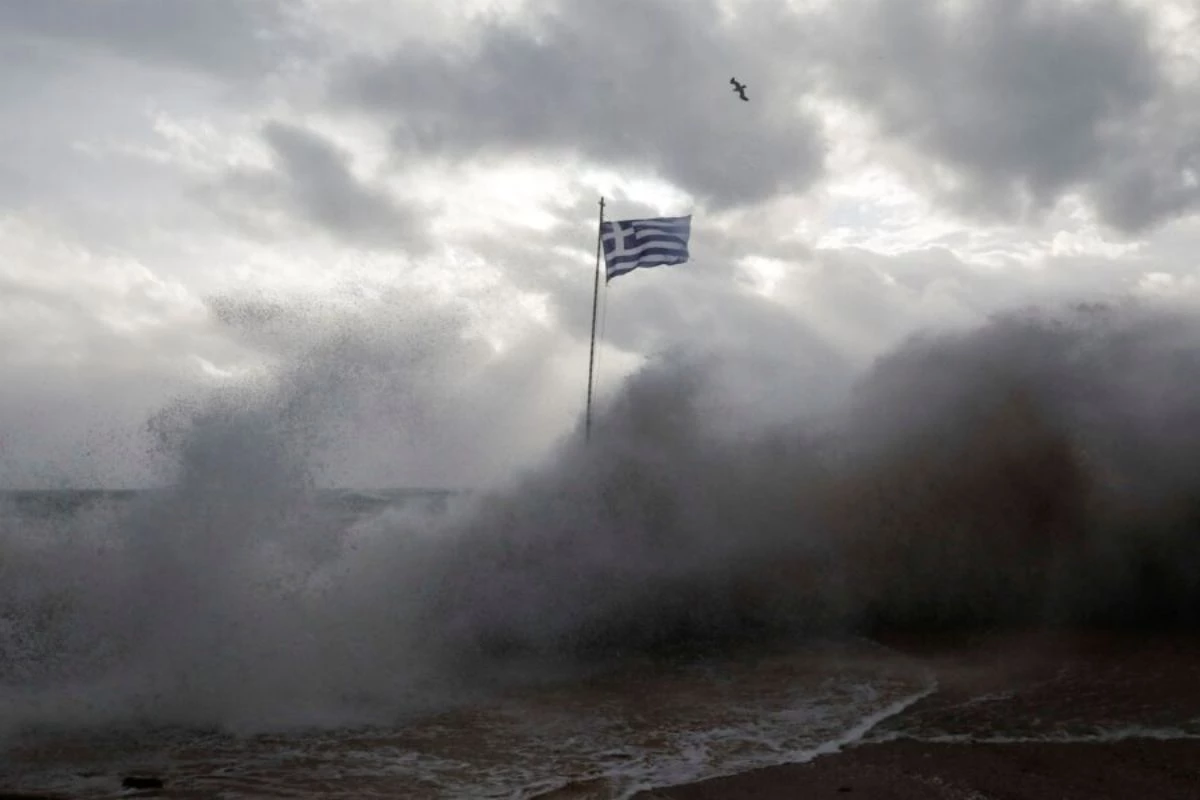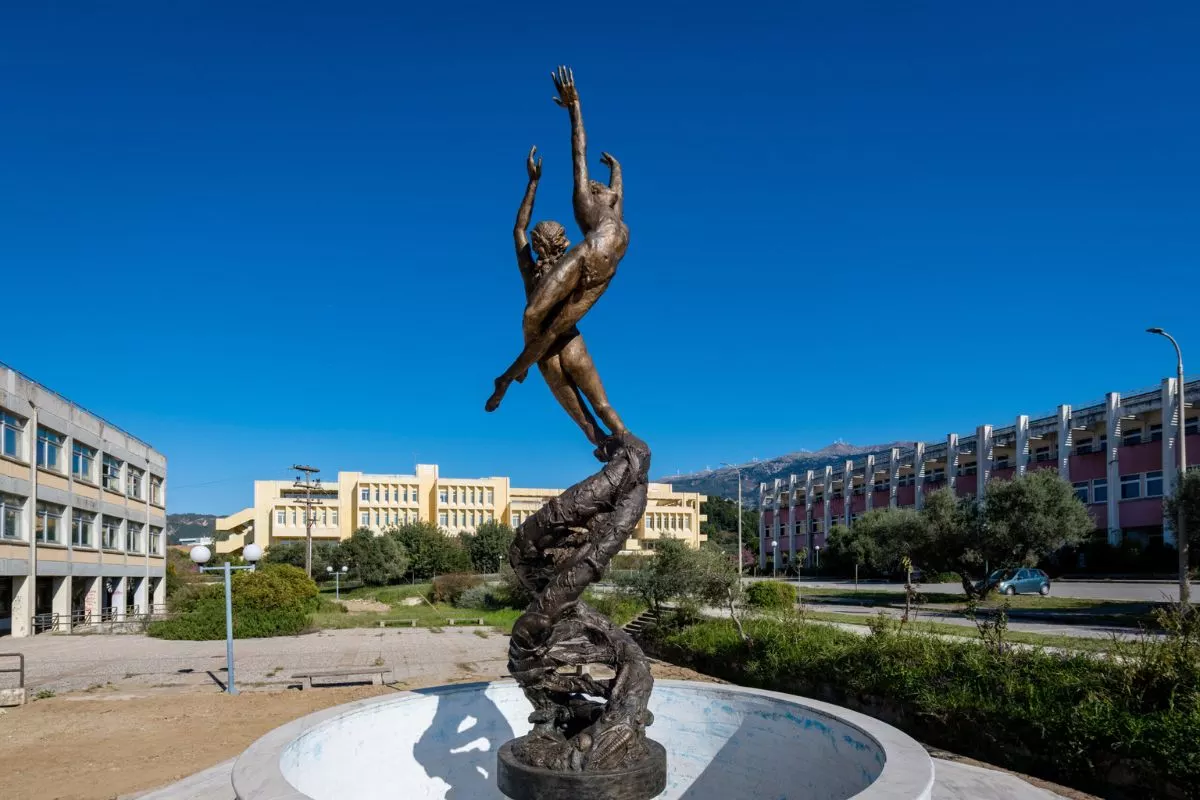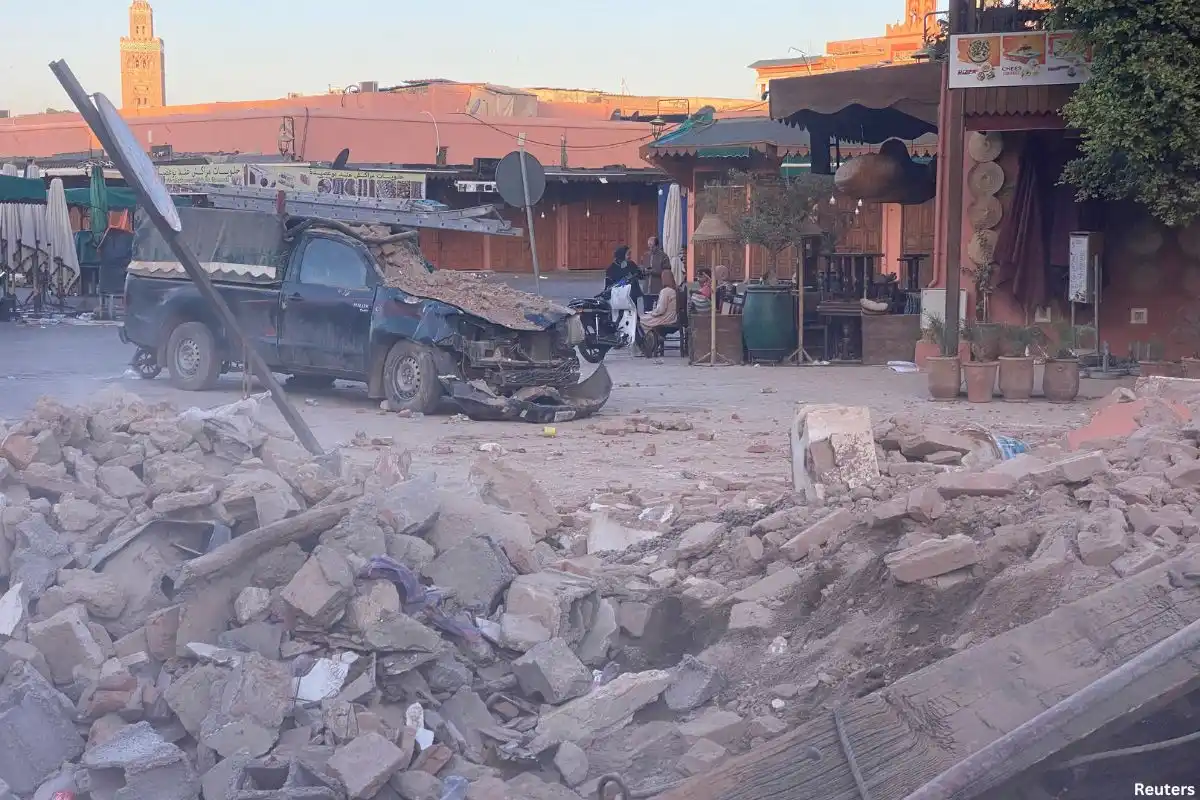Tripoli, Libya – A catastrophic flood triggered by the powerful storm Daniel, has plunged Libya into a state of despair, with thousands of lives feared lost. The storm’s impact has been so severe that the leader of the east Libyan government, which is not internationally recognized, has reported death toll figures surpassing 2,000, and thousands more are missing.
Jalel Harchaoui, a renowned Libya specialist, cautioned that the ultimate death toll might escalate to “several thousand” individuals, painting a grim picture of the disaster’s scale.
Storm Daniel made landfall on Sunday, prompting immediate declarations of a state of extreme emergency by authorities. During ongoing rescue operations, seven Libyan army personnel went missing, highlighting the grave risks faced by those attempting to aid flood victims.
In response to the crisis, officials in the eastern region have imposed a curfew, and both schools and shops have been ordered to close. The cities of Benghazi, Sousse, Derna, and Al-Marj in the east have all borne the brunt of the devastation.
Apart from the rising death toll, the Libyan Red Cross reported the destruction of at least 150 homes, while the head of the Red Crescent humanitarian network revealed that Derna alone had witnessed at least 150 fatalities.
The situation in Derna turned dire as reports surfaced of two dams collapsing, submerging large parts of the area and claiming lives. Authorities have designated the port as a “disaster city.”
Eastern Prime Minister Osama Hamad, while not citing a specific source, grimly stated, “The missing are in the thousands, and the dead exceed 2,000… entire neighborhoods in Derna have disappeared, along with their residents … swept away by water.”
The western city of Misrata also fell victim to the floods, compounding the nation’s agony.
Unverified videos circulating online depict the horrifying scale of the storm, including footage of floodwaters sweeping individuals away and drivers stranded atop their submerged vehicles.
The impact of the disaster extends beyond human lives, as four major oil ports were forced to close due to the storm.
Both the Benghazi-based administration and the internationally recognized government in the capital, Tripoli, have been mobilized to respond to the catastrophe. The United Nations in Libya pledged to closely monitor the situation and provide urgent relief assistance.
This devastating natural disaster strikes a nation already divided between two rival administrations since 2014, underscoring the need for unity in the face of such tragedies. Global climate scientists warn that climate change is contributing to more intense storms, highlighting the urgent need for coordinated efforts to mitigate their impact.













